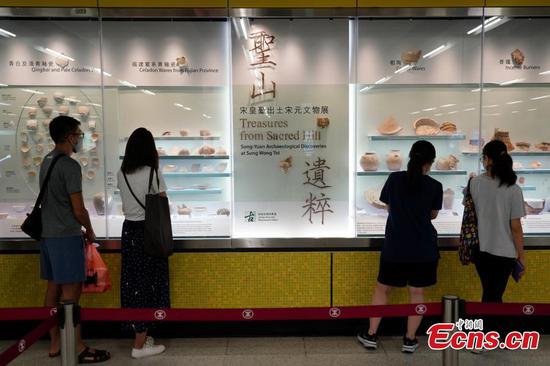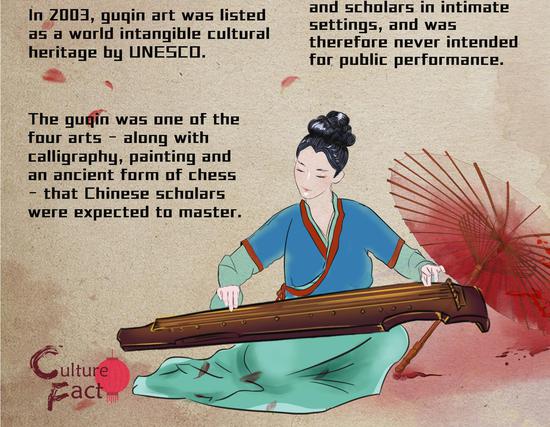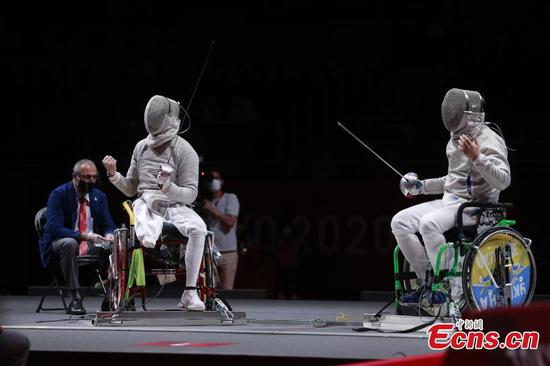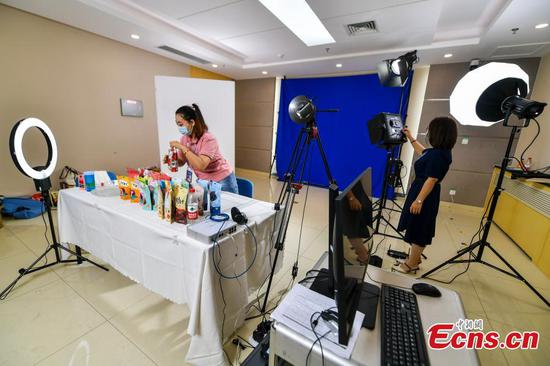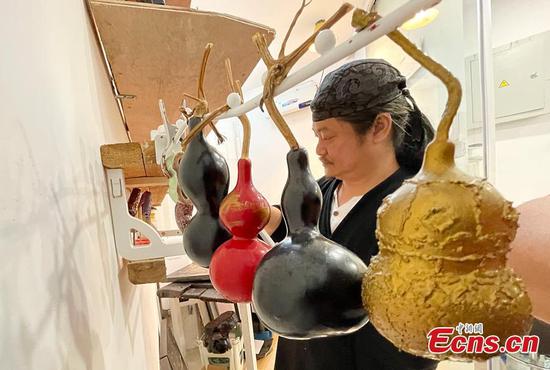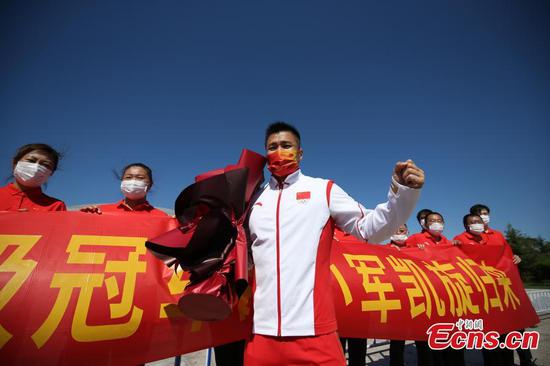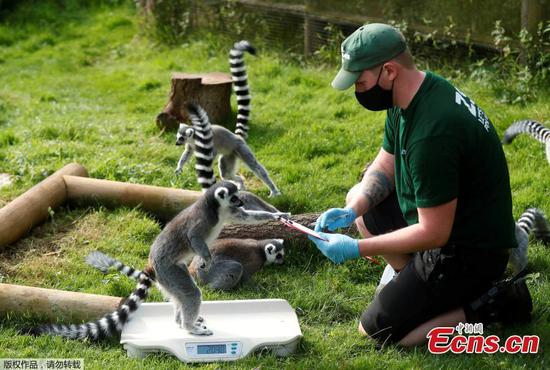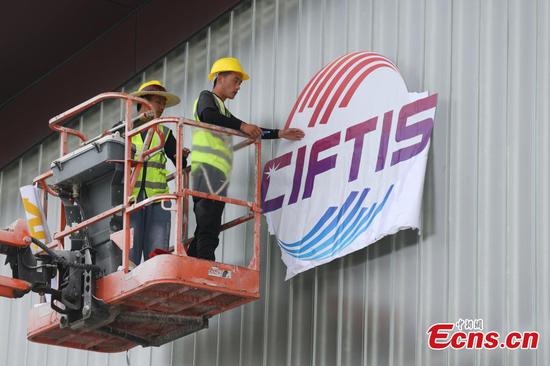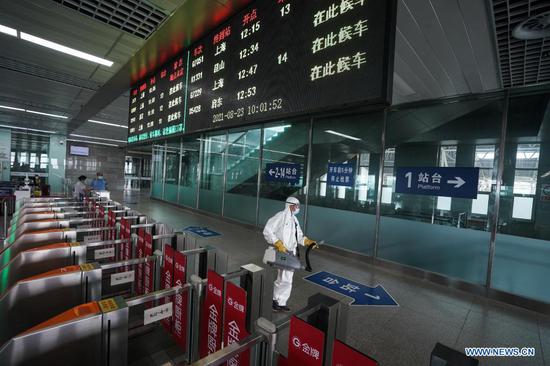China's top health authority is drafting plans to eliminate cervical cancer, with a focus on expanding screening nationwide and increasing the number of girls and women getting vaccinated against the cancer-causing human papillomavirus, officials and experts said on Friday.
Xu Xiaochao, an official from the National Health Commission's maternal and child health department, said that since a major cervical cancer screening program mainly targeting rural areas was launched in 2009, the public's awareness and willingness to take such examinations have grown significantly.
As of late April, more than 120 million free cervical cancer checks had been offered, according to the commission.
"For the next step, we have joined forces with the All-China Federation of Trade Unions to step up examinations for urban residents," Xu said during an event held by the China Medical Women's Association in Beijing.
She said the commission will also support local governments' efforts to enhance coverage of HPV vaccines. Fujian, Hainan and Guangdong provinces have all rolled out policies aimed at covering all girls and women eligible for HPV vaccinations.
In addition, she said the commission will start pilot projects focused on cervical cancer prevention strategies in 15 key cities, formulate relevant regulations and launch awareness campaigns.
"A study led by the Chinese Center for Disease Control and Prevention shows that with the implementation of comprehensive measures, China will likely hit the goal of eliminating cervical cancer by 2047, meaning lowering the incidence rate to less than four per 100,000 people," she said.
Cervical cancer is the second-most-common cancer contracted by Chinese women, with an estimated 130,000 new cases each year, accounting for 28 percent of the world's total, according to the commission.
Feng Zijian, a China CDC researcher, said during the event that widespread use of HPV vaccines is crucial for curtailing cervical cancer.
"China is still at an initial stage in terms of promoting HPV vaccines and faces severe challenges, including domestic manufacturers' inability to fully ensure supplies and a lack of uniform vaccination policies to boost affordability and accessibility of the vaccines," he said.
The first HPV vaccine available on the mainland was developed by international pharmaceutical giant GlaxoSmithKline. It gained market approval from the National Medical Products Administration in July 2016. In late 2019, the first domestically developed HPV vaccine obtained approval from the administration.
Feng has called for intensified scientific research and policymaking related to HPV vaccination strategies and a ramping up of support and motivation for vaccine manufacturers to bolster production capacity.









